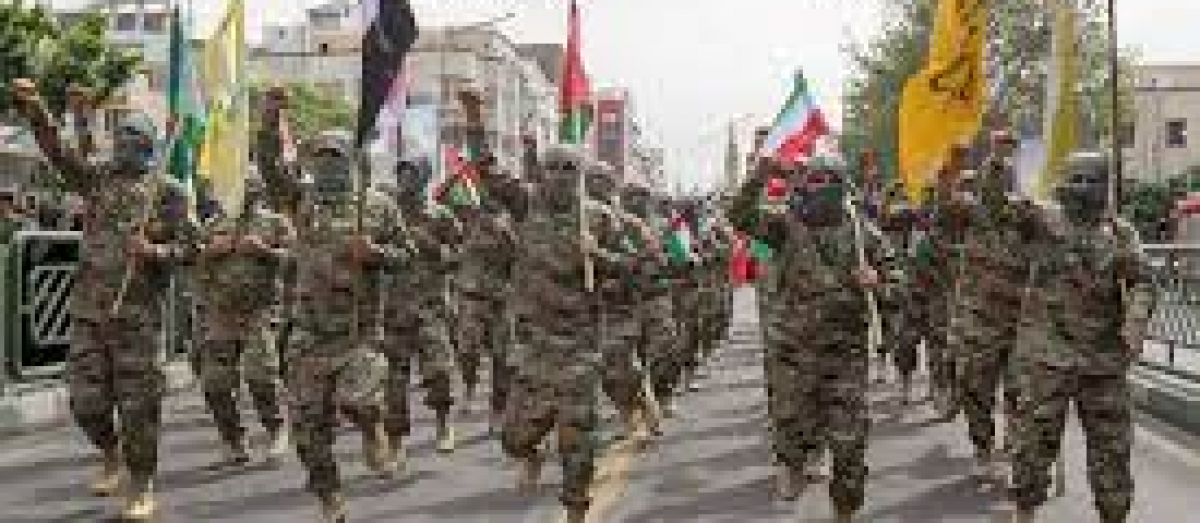Decoding Foreign Policy: The Nuances of Analyzing State Behavior Beyond History
In the intricate realm of geopolitics, analysts grapple with the challenging task of foreseeing the actions and reactions of state actors. While history often serves as a reliable guide, its predictive power can be hindered by the winds of change—whether in governments or alliances. A prime example is Iran, where the foreign policy landscape underwent a seismic shift post-revolution. Understanding the dynamics of a state’s current regime, its objectives, and the intricate web of politics and culture is paramount for accurate predictions.

The Historical Tapestry: An Incomplete Guide
History, with its lessons and patterns, is a valuable tool for analysts seeking to decipher a nation’s behavior. However, relying solely on historical precedents, especially in the context of a transformative event like the Iranian Revolution, can lead to oversimplification. Iran, under the Shah, had vastly different foreign policy objectives compared to the Islamic Republic that emerged post-1979. Recognizing this evolution is crucial.

Understanding the Current Regime: A Prerequisite for Analysis
To accurately predict a state’s actions, analysts must delve into the objectives of the current regime. In the case of Iran, comprehending the Islamic Republic’s national interests is a complex task. The pursuit of security, economic stability, regional influence, and the promotion of Islamic ideals all shape Iran’s contemporary foreign policy.
The Intricacies of Politics and Culture: Keys to the Puzzle
Politics and culture serve as the bedrock of a nation’s identity and, consequently, its foreign policy choices. In Iran, the interplay between politics and the deeply rooted cultural and religious fabric is intricate. Decoding the nuances of how domestic politics influence international decisions is imperative for a nuanced understanding of Iran’s actions on the global stage.
Analyzing Without Ideological Bias: A Prerequisite for Accuracy
Effective analysis requires shedding ideological biases and projecting oneself into the mindset of the state in question. Merely superimposing one’s own expectations onto a state’s behavior is a flawed approach. For Iran, this means appreciating the significance of its unique blend of Islamic principles, historical grievances, and pragmatic considerations in shaping foreign policy decisions.
Iran as a Case Study: A Shifting Landscape
This is NOT the Shah’s Iran…
Iran’s foreign policy today reflects a dynamic interplay of historical legacies, ideological principles, and contemporary geopolitical realities. Analysts must recognize the evolving nature of Iran’s stance on the global stage, marked by diplomatic pragmatism, regional influence, and a commitment to safeguarding its national interests.
Conclusion: The Art of Nuanced Analysis
In the ever-changing landscape of geopolitics, accurate predictions demand a nuanced approach. The case of Iran serves as a poignant reminder that understanding a state’s behavior requires going beyond historical footprints. By deciphering the objectives of the current regime, unraveling the intricacies of politics and culture, and analyzing without ideological biases, analysts can embark on the journey of accurate and insightful predictions in the volatile world of international relations.




